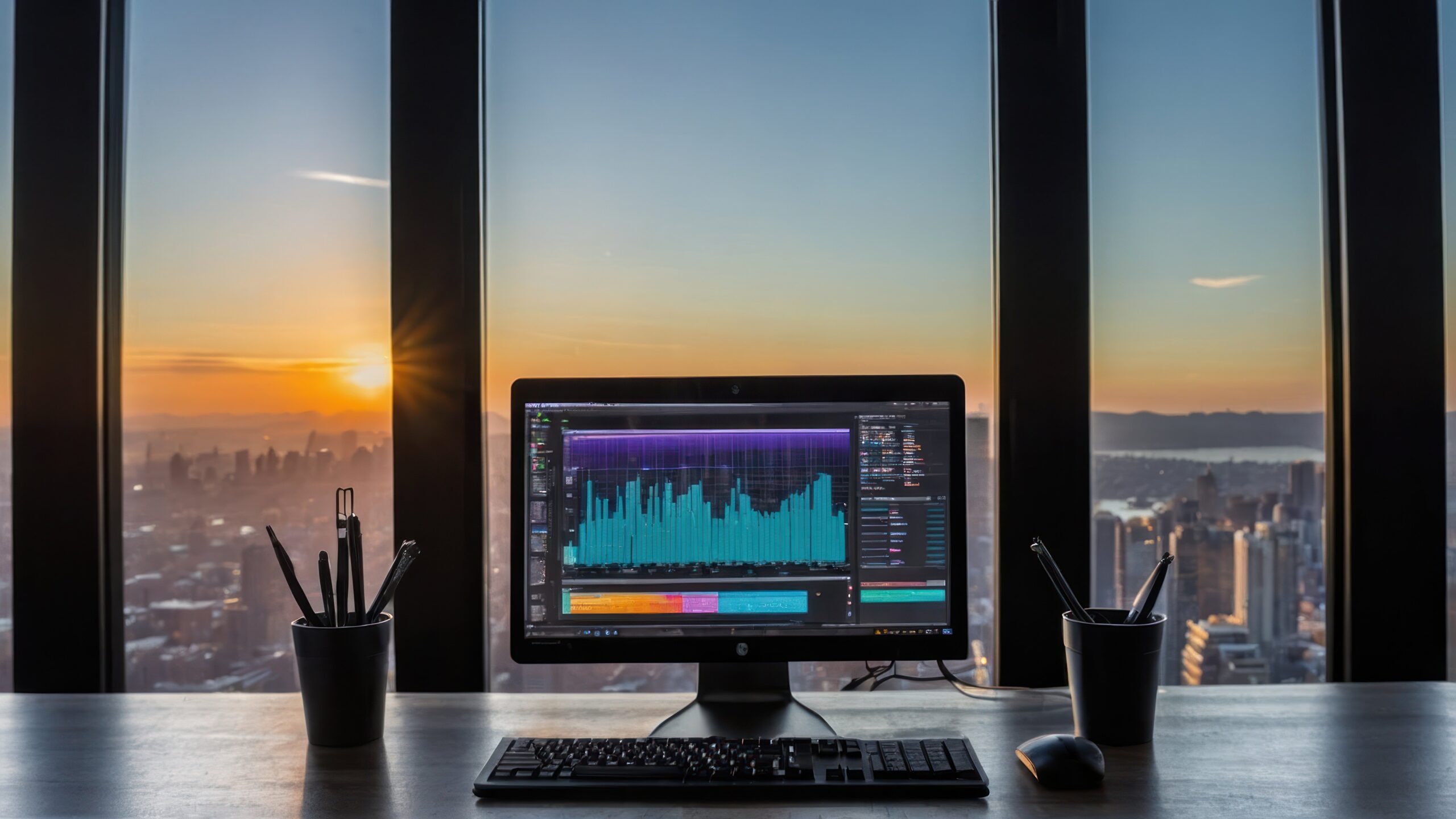Prematurely exiting trades is a common pitfall that can hinder trading success. In this blog, we explore the reasons behind premature trade exits and provide practical strategies to avoid this detrimental habit. The most common difficulty traders face in everyday trading is the allure to exit the trade too early. Exiting a trade early turns out to be the most difficult problem to overcome. There would have been several times when you have exited a trade because of a small win or a small loss and then regretted the next day. The most common reason behind exiting a trade too early is to avoid losses but to gain profitable trades, you must tolerate losses. Exiting trades too early would either result in unnecessary losses or fewer profits.
Some of the common premature trade exits that a trader will regret after making-
- Exiting at break even because of the fear of loss
- Exiting larger positions due to the inability to pyramid into the position
- Exiting after reaching the initial target profit due to the fear of downfall in the market
- Exiting before reaching the stop loss
This article has laid down certain reasons for premature trade exits and the ways they can be avoided:
1. Lack of understanding about the market realities

Traders often exit the market early because they themselves don’t know what they are doing. They started to trade before developing a conceptual understanding of the overall trading approach and basic functioning in the market. It is vital to let the market take you out of your trades and not try to control it. In this way, you can efficiently manage the trade exit. It is impractical to predict which trade will be profitable but by letting the market take you out, you get the benefit of some big moves.
2. Risking too much money on a single trade
As a trader, you must initially understand the market and how it operates. Over-leveraging your account can make you anxious and sensitive towards every tick for or against your trade. You start thinking every move that is against you is the end of trade and every move that is in your favor is an opportunity to secure money. Thus, as a result, you will end up exiting the trade too early. Here, it is essential for you to reduce the risk per trade by being less agonized over trade.
3. Impact of recent experiences
It is said that our most recent experiences have the maximum impact on trades than the older experiences. In other words, if you have encountered a loss or a negative experience in your recent trade then you will find the trade riskier and start losing faith in your trade edge. Traders must keep in mind that their trading edge depends on large trades only and there are very minimal chances of predicting which trade will be profitable and which won’t be. Thus, it is neither practical nor logical to let your last trade experience affect your next trade.
4. Trading mindset
As a trader, if you lack the right trading mindset, this may result in early exiting trade. People often misunderstand trade as a way of getting quick money but in reality, only 10% of traders survive in the long run. For surviving long-term, you need to have a distinct behavior and mindset from the rest. Having a proper trading mindset is essential for long-term survival. A successful trade is an outcome of a consistent focus on trading performance.
Final Takeaway
Above discussion made it clear that having a trading strategy is important but it is also important to have the right trading process i.e. the way you behave, manage and exit the trades. The foundation of the trading system should be built on a right mindset and belief system. It is certain that traders can’t control the market but still, some try controlling it. To stay long in trade, traders need to understand that the market can’t be bent as per their will nor can they force changes to it. It is also vital to finish up with the analysis and thinking part prior to entering the market.





